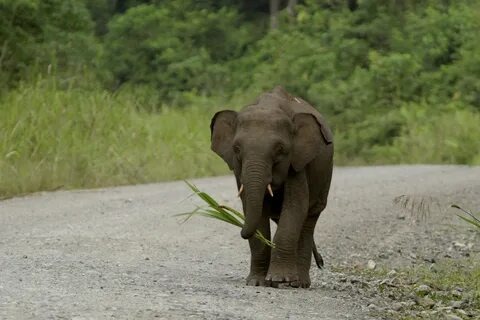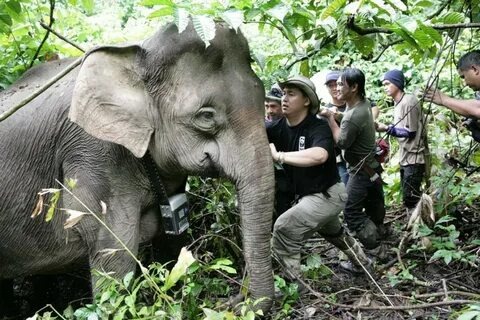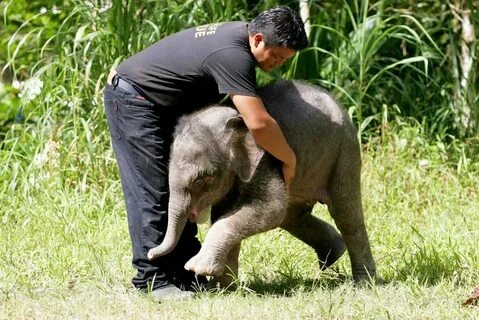Pygmy elephants, native to the dense rainforests of Borneo and Sumatra, face an urgent threat to their survival. These gentle giants, known for their smaller stature and unique behaviors, are teetering on the brink of extinction due to rampant habitat loss and human-wildlife conflict.

Conservation efforts have been underway for years, but the time has come to escalate our actions. With their habitats increasingly fragmented by deforestation for palm oil plantations and other agricultural ventures, pygmy elephants are losing crucial corridors for migration and breeding. This loss not only threatens their immediate survival but also jeopardizes the biodiversity of their entire ecosystem.

Furthermore, human-wildlife conflict poses a significant danger. Encroachment into elephant territories often leads to confrontations that result in injury or death for both elephants and humans. Finding sustainable solutions that accommodate the needs of both wildlife and local communities is essential for long-term conservation success.

International cooperation and funding are crucial in this endeavor. By supporting local conservation initiatives, implementing stricter regulations on habitat destruction, and promoting sustainable land-use practices, we can safeguard the future of pygmy elephants. Education and awareness campaigns also play a vital role in rallying global support and fostering a culture of conservation.

The plight of pygmy elephants is not just a wildlife issue; it’s a moral imperative and a reflection of our commitment to preserving Earth’s natural heritage. As we stand at a crossroads, it’s time to prioritize their protection before it’s too late. Together, we can ensure that future generations will still marvel at the grace and beauty of these extraordinary creatures roaming freely in their natural habitats.
